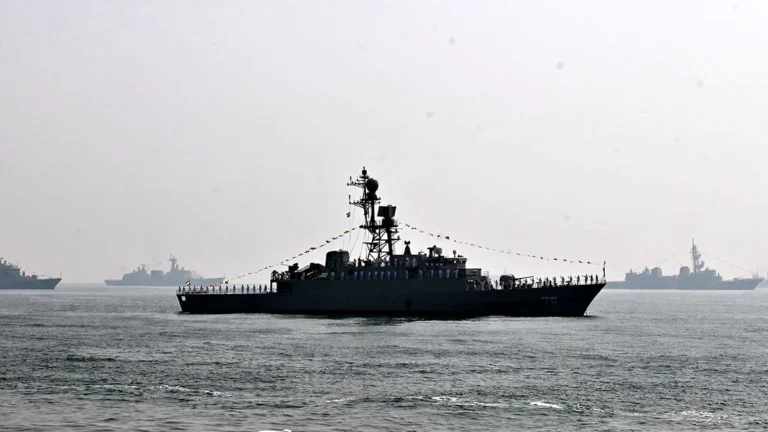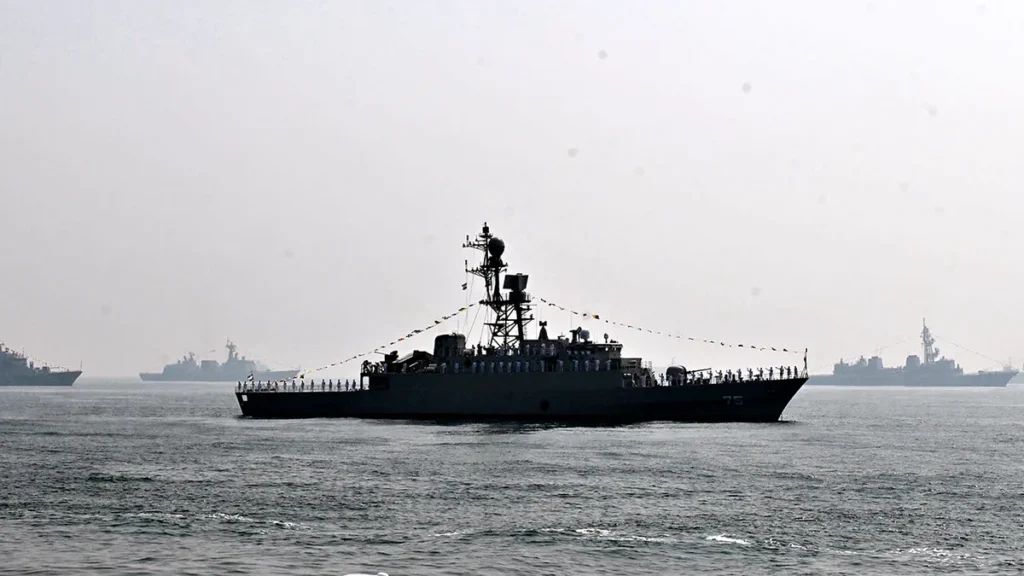Sri Lanka’s recovery is evident, according to IMF officials cited on their website, following their visit to the country in August this year. Economic reform appears to be driving this progress, with real GDP experiencing consistent growth for three straight quarters, culminating in a notable 5.3 percent year-on-year increase in the first quarter of 2024.
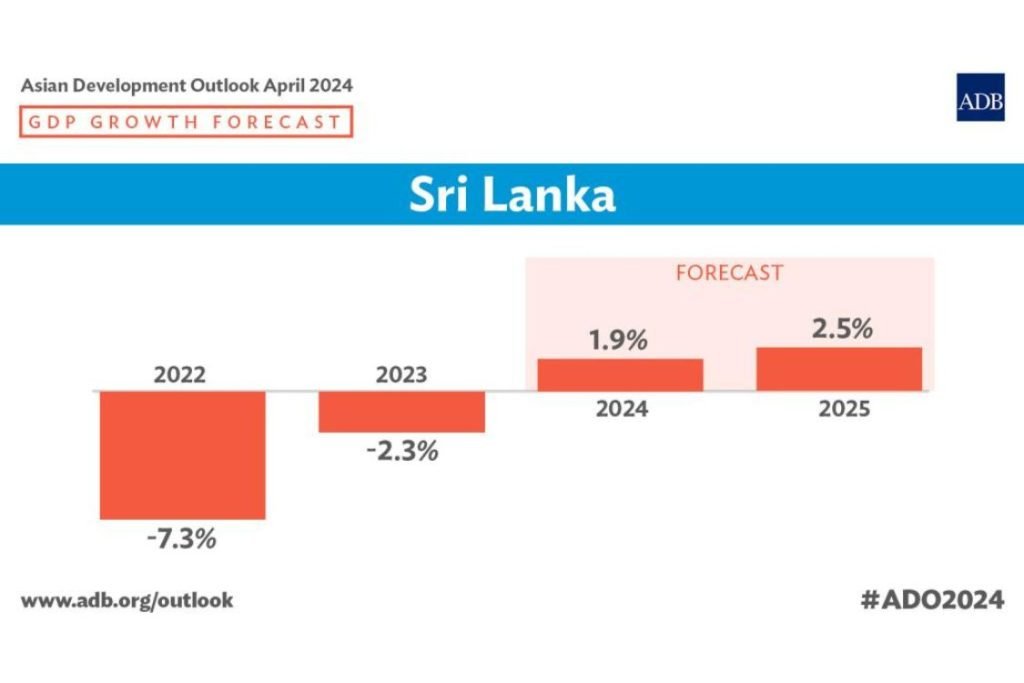
IMF sources confirm that inflation remains under control, staying below the Central Bank of Sri Lanka’s (CBSL) 5 percent target, while domestic borrowing rates have decreased. Additionally, gross international reserves rose by US$1.2 billion in the first half of 2024, reaching US$5.6 billion. Fiscal revenue collections have also improved, signaling a positive shift in the nation’s economic landscape.
However, it is essential that these gains translate into improved living standards for all Sri Lankans. At this crucial stage of recovery, maintaining reform momentum and ensuring the timely implementation of all program commitments is vital to solidifying the economic progress achieved so far. Sustaining macroeconomic stability and restoring debt sustainability require further efforts, particularly in raising fiscal revenues. The 2025 Budget must include appropriate revenue measures and continued spending restraint to meet the medium-term primary balance objective of 2.3 percent of GDP, a critical factor in restoring debt sustainability. The planned relaxation of import restrictions on motor vehicles is expected to support revenue mobilization in 2025.
Additionally, tax administration reforms, including the establishment of a functional VAT refund system for exporters by April 2025, could further enhance compliance. Any potential erosion of the fiscal position must be counterbalanced by high-quality compensatory measures. The avoidance of new tax exemptions will not only reduce corruption risks and prevent revenue leakages but also ensure a more predictable and transparent tax system. Moreover, maintaining energy prices at cost-recovery levels is crucial to avoid unforeseen fiscal costs. Ensuring the protection of the poor and vulnerable through improved targeting and better coverage of cash transfers remains a priority. Any policy slippage at this stage could jeopardize the recovery process.
The recent parliamentary approval of the Public Financial Management Act and the Public Debt Management Act represents a significant milestone that will enhance fiscal discipline and prudent debt management, strengthening transparency and accountability. Developing a comprehensive debt management strategy and establishing a well-structured and integrated Public Debt Management Office will be instrumental in reducing the government’s financing risks.
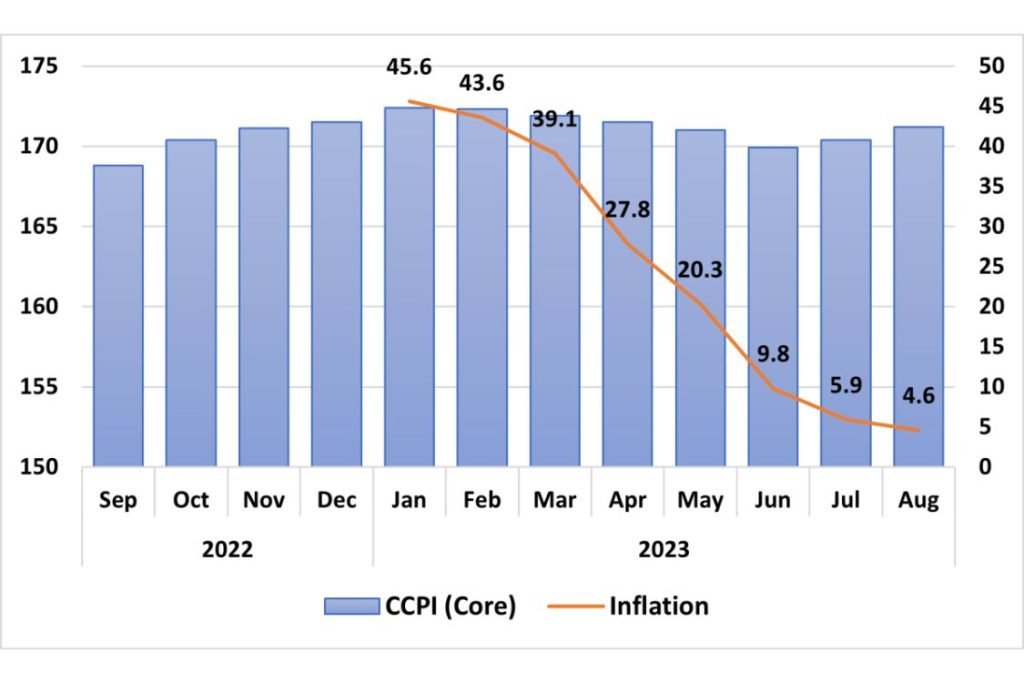
Inflation has been effectively contained, and it is crucial that monetary policy remains prudent, prioritizing the anchoring of inflation expectations. Maintaining price stability also depends on safeguarding the independence of the CBSL. Continued reserve accumulation and exchange rate flexibility remain key priorities for sustaining economic stability.
Recent amendments to the Banking Act, along with related implementing regulations, are vital for safeguarding financial stability. To ensure the financial sector contributes effectively to economic growth, the authorities must ensure that the banking sector is adequately capitalized.
The government’s formulation of a National Anti-Corruption Agenda, building on previous governance reforms, is a welcome step towards improving governance and reducing corruption risks. The steadfast implementation of the governance reforms outlined in the Governance Diagnostic Report, with a focus on near-term commitments under the Extended Fund Facility (EFF) program, is critical for promoting transparency and fostering public confidence. Creating an enabling environment for these governance reforms is essential for their successful implementation.
Significant progress has been made in putting Sri Lanka’s debt on a sustainable path. The execution of domestic debt restructuring and the finalization of agreements with the Official Creditor Committee and China EXIM Bank are major achievements. The IMF has assessed the “Joint Working Framework” announced at the conclusion of the second round of restricted discussions with the bondholder committee and has provided its assessment to the authorities and their financial advisors. A swift resolution of the remaining steps is crucial for achieving debt sustainability and regaining investor confidence. The IMF remains committed to supporting Sri Lanka’s ongoing debt restructuring efforts.
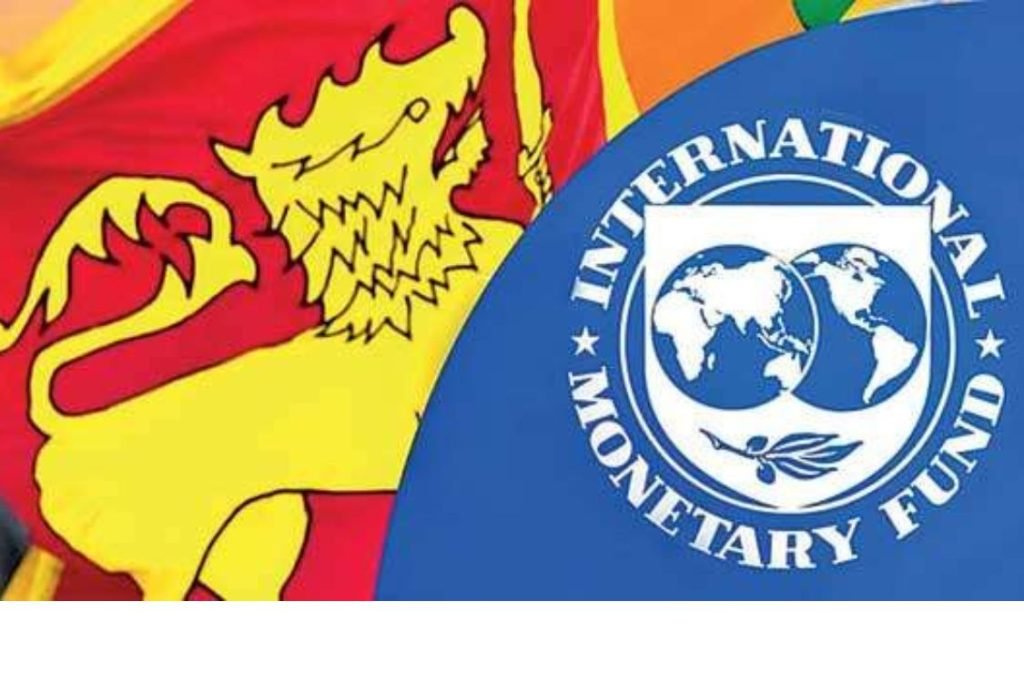
Progress in meeting key commitments under the IMF-supported program will be assessed during the third review of the EFF, the timing of which will be discussed with the government following the announcement of the presidential elections.
The IMF team engaged with key government officials, including President and Finance Minister Ranil Wickremesinghe, CBSL Governor Dr. P. Nandalal Weerasinghe, Secretary to the Treasury Mr. K M Mahinda Siriwardana, as well as Parliamentarians, representatives from the private sector, civil society organizations, and development partners. The IMF expresses its gratitude for the excellent collaboration and reaffirms its commitment to supporting Sri Lanka’s path toward a full and inclusive economic recovery.
summary of economic reform
Sri Lanka’s economic reform, supported by the IMF, has shown substantial progress, marked by consistent GDP growth, controlled inflation, and increased fiscal revenue. The country has seen a rise in international reserves and a decline in borrowing rates, reflecting a positive economic shift. Key reforms, including the approval of new financial management laws and debt restructuring agreements, are crucial for long-term stability. However, sustaining this recovery requires continued focus on fiscal discipline, tax reforms, and avoiding policy slippage. The IMF emphasizes the importance of these efforts in ensuring a full and inclusive economic recovery for Sri Lanka


